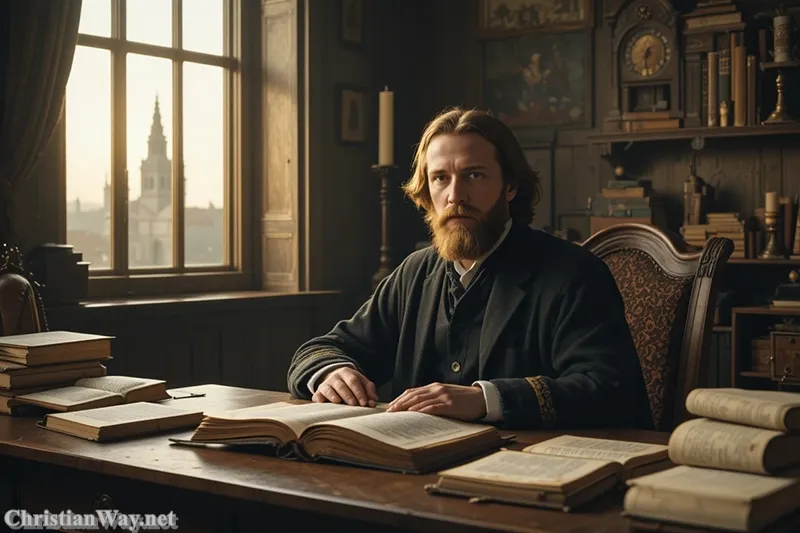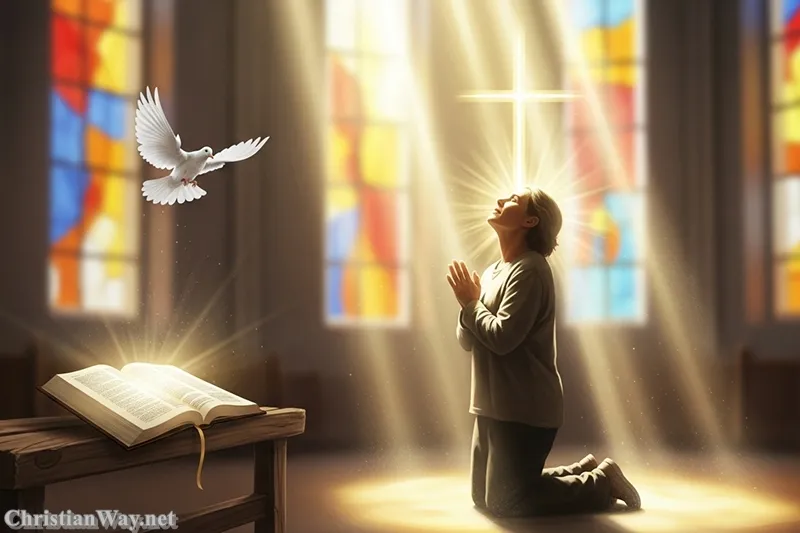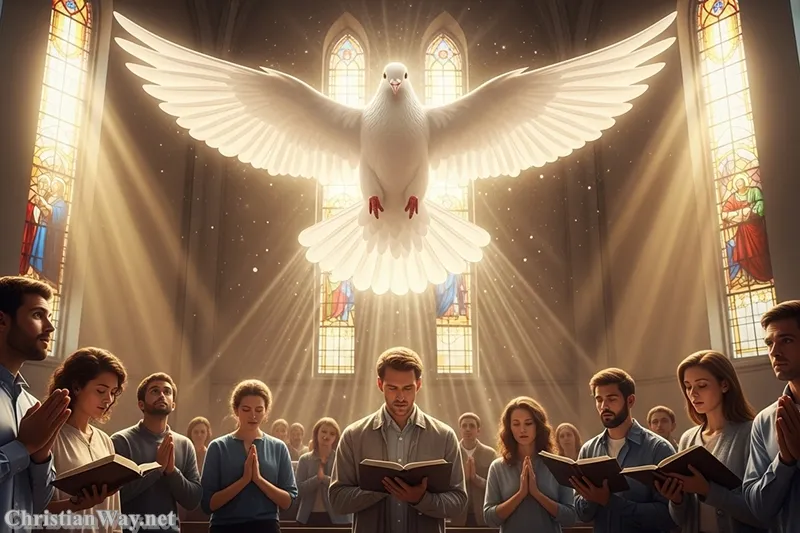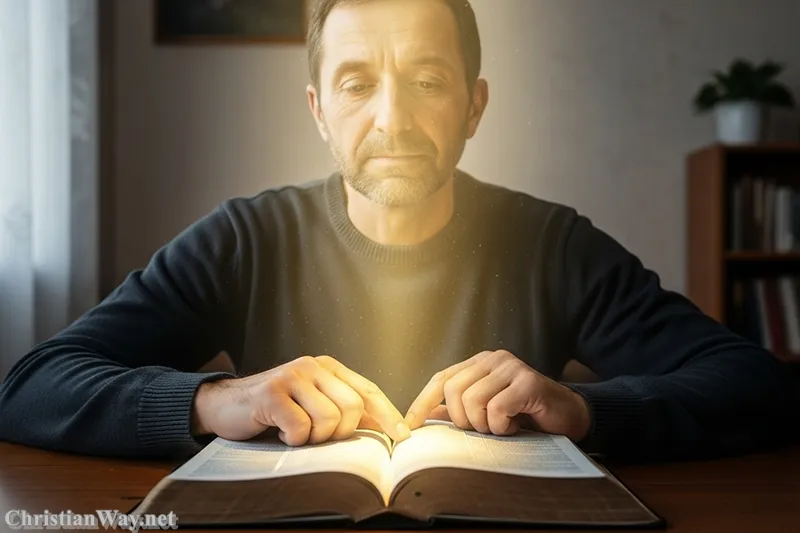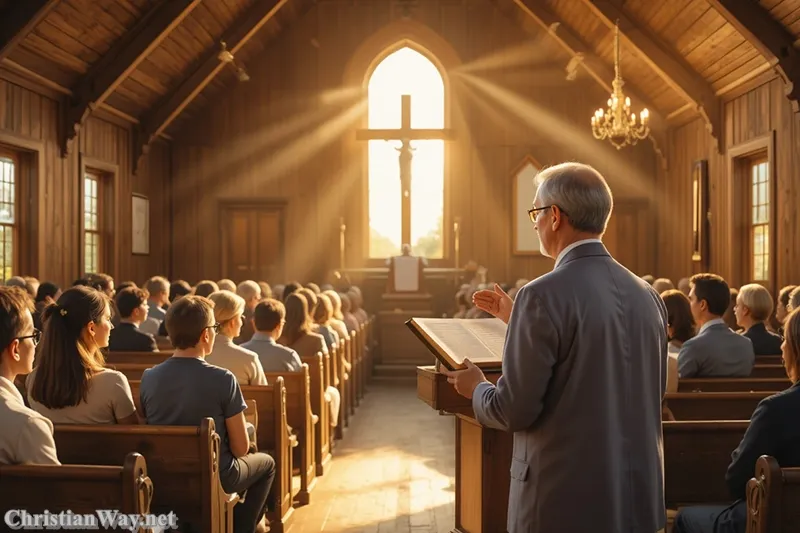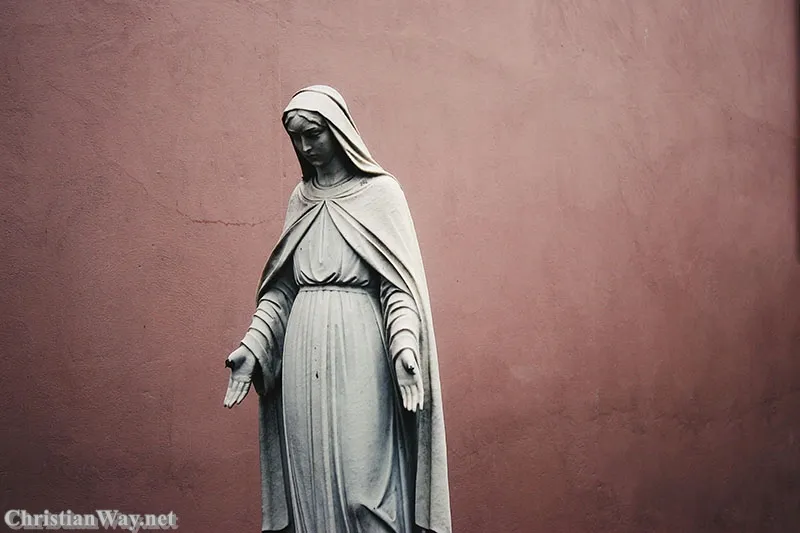Dear friends in Christ,
Every age of the Church has known moments when the Spirit of God stirs hearts to seek renewal — to call the faithful back to the heart of the Gospel. The sixteenth century was one such time, a season when the longing for reform burst into the open through the lives of men and women who could no longer ignore what they saw as the need for repentance and restoration within the Church. These were the Protestant Reformers, figures like Martin Luther, John Calvin, Huldrych Zwingli, and John Knox, whose words and actions reshaped not only the Church but also the course of Western civilization.
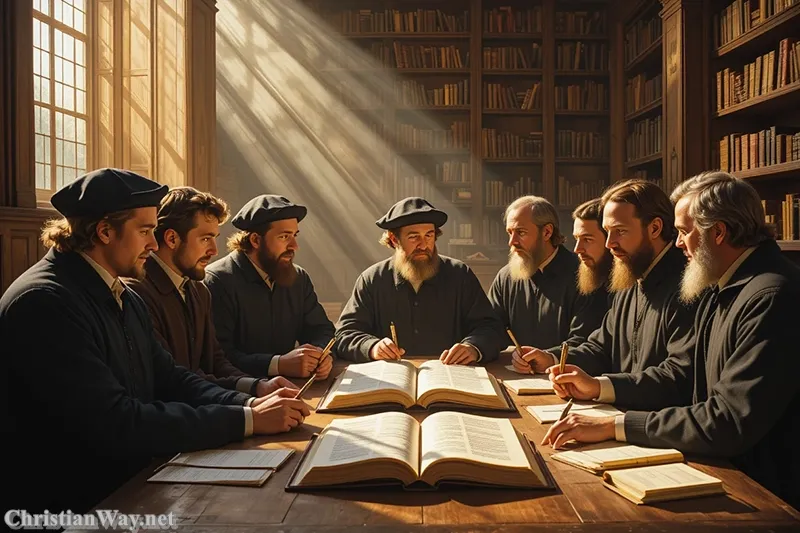
To understand the Reformers is not simply to trace history; it is to witness the struggle of conscience, faith, and the human search for divine truth. Their movement began not as rebellion for its own sake, but as a cry from within the Christian heart — a desire to see the Church once again reflect the purity of Christ’s Gospel.
In this reflection, we will explore who these Reformers were, what they sought, how their convictions transformed the world, and how their legacy continues to echo within Christianity today. Let us walk gently through their story, seeking not division, but understanding — and perhaps, through their witness, hear anew the voice of God calling His Church to holiness.
The World Before the Reformation
Before the Protestant Reformation, Christianity in the West was united under the Roman Catholic Church. The Church had long been a source of stability and truth in Europe, guiding faith and society alike. Yet by the late Middle Ages, corruption, political entanglement, and spiritual stagnation had darkened much of its witness.
The sale of indulgences, the misuse of Church authority, and the growing distance between clergy and laity stirred discontent among believers. Many faithful souls — even before Luther — had called for reform. Think of John Wycliffe in England and Jan Hus in Bohemia, who proclaimed the authority of Scripture and paid dearly for their convictions. The soil of renewal had been prepared long before the first hammer struck the door of Wittenberg.
In that context, the Reformers emerged not as destroyers, but as voices crying out for purity of heart and fidelity to God’s Word.
Martin Luther: The Conscience of a Troubled Soul
The Struggle for Grace
Martin Luther (1483–1546), a German monk and theologian, was a man consumed by the question: “How can a sinner find peace with God?” His deep sense of sin and unworthiness tormented him, driving him to fast, confess, and labor under the weight of guilt. Yet nothing brought peace until he turned to the words of Scripture:
“The righteous shall live by faith.” — Romans 1:17
This revelation pierced his heart. Luther realized that salvation was not earned by works, pilgrimages, or indulgences, but was a gift — pure grace through faith in Jesus Christ.
The Ninety-Five Theses
In 1517, disturbed by the Church’s sale of indulgences — which seemed to trade forgiveness for money — Luther nailed his Ninety-Five Theses to the church door in Wittenberg. What began as an academic challenge became a spark that ignited a spiritual fire.
He proclaimed that the Bible alone (Sola Scriptura) was the ultimate authority for faith and life, and that believers were justified by faith alone (Sola Fide), not by human merit. His courage to stand before emperors and bishops and declare, “Here I stand, I can do no other,” remains one of history’s most defining moments of conscience.
The Fruits of Luther’s Reform
From Luther’s witness emerged the Lutheran Church, the first major branch of Protestantism. His translation of the Bible into German made Scripture accessible to the common people, empowering lay believers to encounter God’s Word directly.
Luther’s emphasis on grace and faith continues to inspire Christians across denominations, reminding us that no human system or ritual can replace the mercy of Christ.
John Calvin: The Theologian of God’s Sovereignty
The Call to Order and Clarity
If Luther was the passionate voice of protest, John Calvin (1509–1564) was the architect who gave theological structure to the Reformation. A French scholar and pastor, Calvin’s writings — especially The Institutes of the Christian Religion — sought to present the Christian faith with rigorous clarity.
For Calvin, the heart of all theology was the sovereignty of God. Everything in creation, salvation, and history unfolds under God’s wise and loving providence. Humanity, fallen and weak, depends entirely on divine grace. This vision produced a spirituality marked by humility, discipline, and gratitude.
Geneva: The School of Christ
In Geneva, Calvin sought to shape a community rooted in Scripture and holiness. The city became known as “the school of Christ,” a model for reformed worship, education, and moral life. His reforms influenced not only the Church but also the rise of literacy, social ethics, and even modern democracy.
Legacy of Calvinism
Calvin’s theology gave rise to the Reformed tradition, spreading through Europe and beyond — to Scotland, the Netherlands, and eventually America. His teachings on divine calling and stewardship helped shape the Protestant work ethic, blending faith and daily life in a profound way.
Huldrych Zwingli: The Reformer of Zurich
Before Calvin rose to prominence, Huldrych Zwingli (1484–1531) had already begun reforming the Church in Switzerland. Influenced by humanism and the study of Scripture, Zwingli rejected what he saw as unscriptural traditions — the veneration of saints, celibacy of priests, and the Latin Mass.
For Zwingli, the Lord’s Supper was a memorial, a spiritual remembrance rather than a re-sacrifice. Though this view led to disputes with Luther, both men shared the same longing: to restore the Gospel’s purity.
Zwingli’s life ended on the battlefield, defending his city’s faith, but his vision continued through later reformers who sought to unite moral renewal with evangelical zeal.
John Knox: The Thunder of Scotland
In Scotland, John Knox (1514–1572) carried the fire of Geneva into his homeland. Once a Catholic priest, Knox was transformed by the teachings of Calvin and became the voice of Protestantism in Scotland.
He preached with boldness against corruption and tyranny, declaring Christ as the only head of the Church. His leadership established the Presbyterian Church, grounded in shared governance and deep respect for Scripture.
Knox’s fiery spirit and steadfast faith left a lasting imprint, not only on Scotland but on Protestant communities worldwide.
The Reformers’ Shared Vision
Though differing in details, the Protestant Reformers were united by several core convictions:
- Sola Scriptura – The Bible alone as the highest authority.
- Sola Fide – Justification by faith alone.
- Sola Gratia – Salvation by grace alone.
- Solus Christus – Christ alone as Mediator and Lord.
- Soli Deo Gloria – Glory to God alone.
These five pillars formed the heartbeat of the Reformation. They reminded Christians that all human efforts must yield to divine grace — that Christ’s cross is the center of all faith, and that every believer, through the Holy Spirit, is called into direct communion with God.
The Cost of Reform
The Reformation was not without pain. It brought division, war, and misunderstanding. Families were torn apart; nations split. Yet even in the midst of conflict, God’s providence was at work — refining His Church, calling believers to truth and integrity.
It is vital to remember that the Reformers did not seek to destroy the Church but to renew her. Many remained convinced that they were serving Christ’s one Body. Over time, their efforts led to a more plural and dialogical Christianity, where faith could be freely expressed and tested by Scripture.
The Reformation’s Enduring Legacy
The Protestant Reformers changed more than doctrine — they transformed culture, literacy, worship, and conscience. They gave believers the Bible in their own tongues, encouraged education for all, and emphasized personal responsibility before God.
In music, art, and preaching, they renewed the sense that faith was not confined to the monastery or cathedral, but belonged to every home and heart. From their legacy grew hymnody, congregational singing, and public reading of Scripture — treasures still alive today.
Their witness also encouraged later movements toward unity, reminding us that the Church’s true reform is always measured by her closeness to Christ.
Reform and Unity Today
In our age, we no longer live in the world of the sixteenth century. Yet the Reformers’ questions still echo: What is the heart of the Gospel? How can the Church remain faithful to Christ?
Today, Christians from Catholic, Orthodox, Anglican, and Protestant traditions are rediscovering the call to unity — not uniformity, but communion in truth and love. The divisions of the past invite us not to pride, but to repentance and deeper dialogue.
As St. Paul reminds us:
“There is one body and one Spirit… one Lord, one faith, one baptism, one God and Father of all.” — Ephesians 4:4–6
To honor the Reformers is not to idolize them, but to recognize in them a movement of conscience and faith that reminds us to keep Christ at the center.
Reflect and Pray
The story of the Protestant Reformers is one of courage and conviction, of struggle and grace. Their voices call across the centuries: Return to the Word. Trust in Christ. Live by faith.
Yet even as we honor their legacy, we are called to pray for the unity Christ desired:
“That they may all be one… so that the world may believe that You have sent Me.” — John 17:21
May we, in our time, be reformers of the heart — not by dividing, but by deepening our love for God’s truth and our compassion for one another.
Let us pray:
Lord Jesus Christ, You are the Head of Your Church, the Shepherd of our souls. Grant us the humility to learn from the past, the courage to live in truth, and the grace to walk together in charity. May Your Spirit continue to renew Your people, that the world may see in us the light of Your love.
Amen.
— Fr. John Matthew, for Christian Way
